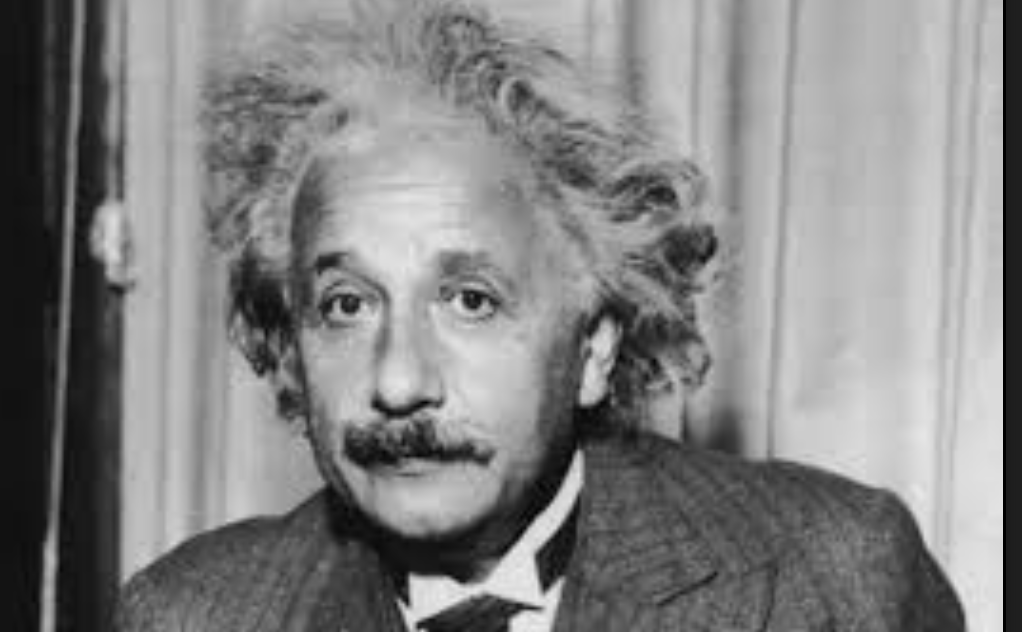Even if there have been air attacks and threats to their lives, Ukrainians who love culture continue to wait hours or months for tickets to see their favorite performances.

Image: Yurii Rylchuk/Avalon/IMAGO
I get all dolled up, do my makeup, and spray on my perfume for special events. A theatergoer from Kyiv named Olena Vdovychenko tells DW that these were uncommon chances that were lost during the conflict.
The theater provides her with a lovely refuge. Even before the Russian invasion, it was unique. Her enthusiasm for it remains unwavering, despite the constant air strikes and missile assault threats. Rather, it has transformed into an alternative kind of resilience. Even if some of the performers have returned from the front lines, Olena views this as a chance to show her support for Ukrainian innovation and the performing arts.
Quiet down, air raid sirens!
However, getting a seat at the theater is more of a challenge now. New concerts have sold out entirely, and all of the arts venues are at capacity. If they want the best seats in the house, Ukrainians will sometimes stand in line for three or four months. Fans frequently set reminders to go online on certain days and times to purchase tickets, because theaters indicate when fresh tickets will be available. She explains to DW that this is how Olena obtained hers.
Getting a ticket is no guarantee that a concert will go on as scheduled in the event that viewers are forced to evacuate to a bomb shelter. War has also affected theater practices: before to every performance, an announcement is made telling the audience to gather in a safe area in the event that an air raid siren sounds.
Olena knows all too well that the program might be cancelled if it blares for more than thirty minutes. In your mind, you make plans to deal with the possibilities. You can’t help but think, “Please, don’t set off the alarm so we can sit back and enjoy the show.”
The musical comedy “The Witch of Konotop,” adapted from a book by Hryhorii Kvitka-Osnovianenko published in Ukraine in the 19th century, has become a smash hit during the conflict. Tells the story of a witch hunt in the northern Ukrainian village of Konotop, where the ladies were blamed for a drought. Czarist Russia’s military danger is the backdrop against which all this plays out.
“Do you even know where you are?” a lady asked a Russian soldier seated atop a tank in a video that went viral in the early days of Russia’s invasion of Ukraine in 2022. This is Konotop. There is a witch for every second lady here. The soldier will be cursed with impotence, she had said off camera.
Ivan Uryvskiy, the play’s director, told DW that witches have a unique place in Ukrainian society. “Ukrainian literature often features them. In all of the great literature from Ukraine, the witches are unique. It encompasses a whole cultural layer.
Thus, it should come as no surprise that this witch play attracted young people and became popular on TikTok.
When I mention that I’ve seen ‘The Witch of Konotop’ twice, people make fun of me and claim they despise me. Why?
Because, as Olena remembers, they’ve been trying for months and have seen no results. Those who have attempted to get tickets for this play online have almost been unsuccessful, while those who have attempted to do so at the box office have sometimes been forced to wait in line starting at 5 a.m.
Uryvskiy has since become a rock sensation in the theatrical industry because to the otherworldly, minimalist, black-and-white, and sardonic environment he built onstage. Cultural preservation is vital at any time, but utmost so in times of conflict. Culture in Ukraine has long been marginalized and threatened. Russia has consistently sought to eliminate, outlaw, or prohibit it throughout its history. Nevertheless, there is much to learn about Ukrainian culture. “It is vital, particularly during the war, to develop our theater and showcase it inside the country and worldwide,” says Uryvskiy.
“The contemporary Ukrainian perspective”
Players from “The Witch of Konotop” even entertained participants at this year’s worldwide Peace Summit in Switzerland with a theatrical production of the play in June.
The drama is being performed in Kyiv’s Ivan Franko National Theatre, which is directed by Yevhen Nyshchuk, a former Ukrainian Minister of Culture and “the voice of modern Ukraine.”
Taking back Russian traditions
“This is part of a phenomenon about reclaiming Ukrainian culture from Russia,” remarks Mayhill Fowler, an assistant professor of history at Stetson University who specializes in the cultural history of Russia, Ukraine, and Eastern Europe! She brings out the fact that “a possibility to write a new chapter of Ukrainian cultural history” comes from the fact that “many 19th-century Ukrainian plays were written under the yoke of the Russian Empire.”
When circumstances were harsh, people in Ukraine would always find solace in the theater. In 1920, when Russia was in the throes of its civil war, Fowler notes that the renowned Ukrainian theatrical director Les Kurbas conducted a staging of “Macbeth” by William Shakespeare.
Now jump ahead to June 2024, when Ivano-Frankivsk, in western Ukraine, hosted the first Ukrainian Shakespeare Festival. Shakespeare has the power to humanize despite the dehumanizing effects of war. “It serves as a constant reminder that we are fallible,” writes Fowler, quoting Iryna Chuzhynova, who planned the Shakespeare Festival.
Despite continual bombardment, subterranean subway performances go on in the second-largest city of Kharkiv, which is located close the Russian border.
Getting back to the way things were before is not the goal of Ukraine’s booming theatrical sector. The threat and mayhem of conflict persist. Because it’s “one of many ways to cope with the war,” as Fowler puts it.


